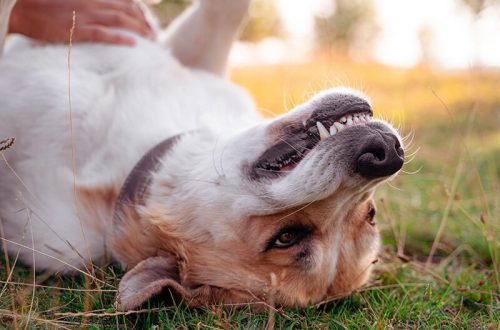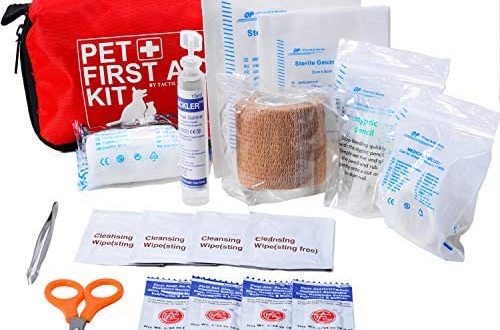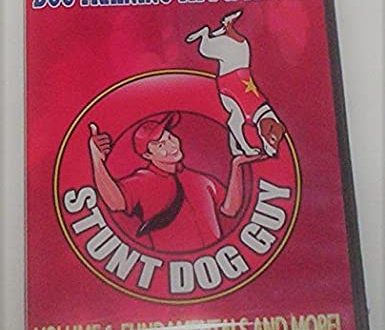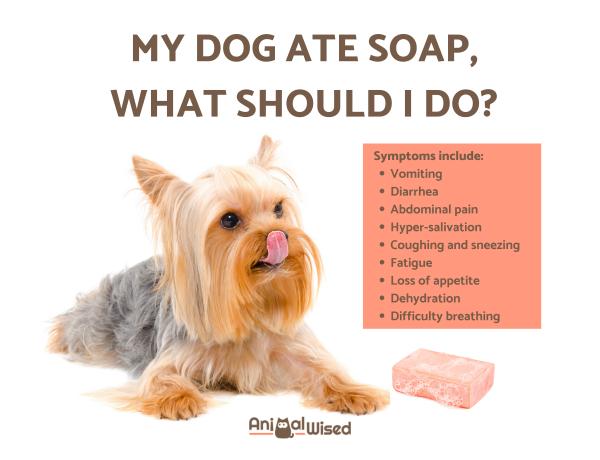
The dog ate a bar of soap: what to do?
Dogs eat almost everything, and when thinking about household items that can be dangerous, do not forget about soap. Because people like to buy soap that smells good, the pet may think it’s a tasty treat.
If the dog ate a bar of soap or licked a drop of liquid soap, there is a little cause for concern, but you should not panic. What soap is actually made of, how ingesting it can affect a dog’s health, and how to know if you need to take it to the veterinarian urgently – later in the article.
Contents
What is soap made from?
Although there are thousands of different types of soap in the world, liquid soap is primarily made up of water and oils—usually cocamide DEA, monoethanolamine, and/or glycerin. Flavors and dyes are also added there, as well as other ingredients – sodium lauryl sulfate, parabens, triclosan and cocamidopropyl betaine.
Bar soaps and soaps with the word “natural” on the labels have similar ingredients. Some soaps may also contain essential oils or dried herbs.
The dog ate the soap. What to do?
Some of the ingredients commonly added to soap are harmful to humans if ingested. However, the degree of their danger to the dog is more difficult to understand.
Soaps containing essential oils are especially harmful to the animal’s health. According to the Pet Poison Helpline, pine oil, a standard additive in disinfectants and cleaners, can cause serious side effects in dogs that ingest it. If a dog has eaten soap containing pine oil, it can cause vomiting, skin irritation, excessive salivation, weakness, loss of muscle control, and damage to the kidneys and liver.
Soap can cause chemical burns in the dog’s mouth, esophagus, and stomach. Swallowing a bar of soap can lead to intestinal obstruction in your pet.
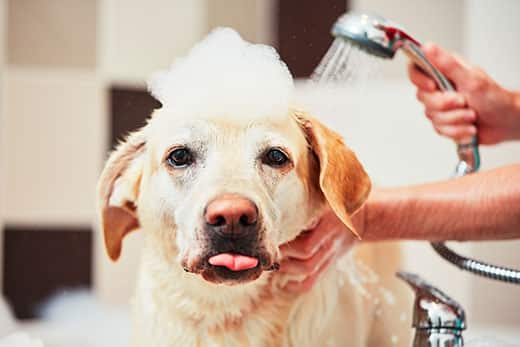
Signs to watch out for
If there is a suspicion that the dog has swallowed the soap, you should immediately take away the remains from it. Then rinse the mouth with water and contact your veterinarian. He may offer to observe the pet for a few hours or bring him to the clinic right away if he shows any abnormal behavior.
According to the Wag! resource, you need to pay attention to the following signs:
- Profuse salivation.
- Desire to lick yourself more than usual.
- Frequent swallowing.
- Scratching the muzzle with paws.
- Vomiting.
- Diarrhea.
What to Expect at Your Veterinary Appointment
The veterinarian will conduct an examination. To do this, you need to take with you a wrapper of soap that the dog ate. If you can find it, it will help the veterinarian understand what he is dealing with and choose the appropriate treatment. He may order an endoscopy or x-ray to get a more complete picture of the dog’s condition. The animal may need to be hospitalized for observation. The amount of time that has passed since the discovery of bitten soap can affect the course of treatment chosen.
If the dog has eaten soap, serious consequences can be prevented. You need to pick up the soap residue and take the pet to a veterinarian.
It is important to remember to store all detergents out of the reach of a curious dog. In this way, you can limit the likelihood of such events recurring, ensure the safety of the pet and maintain its health.



